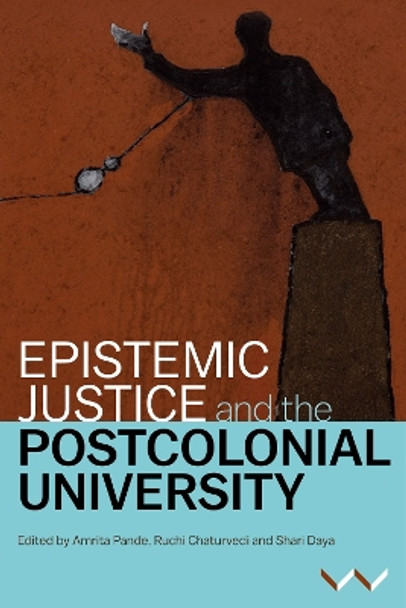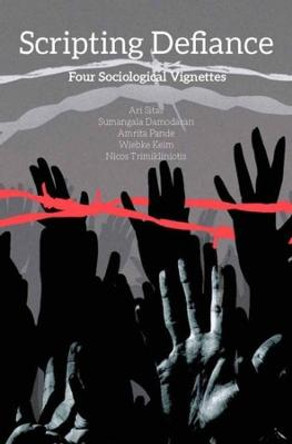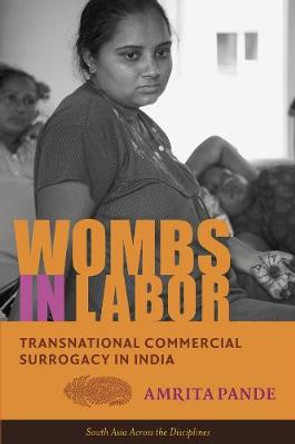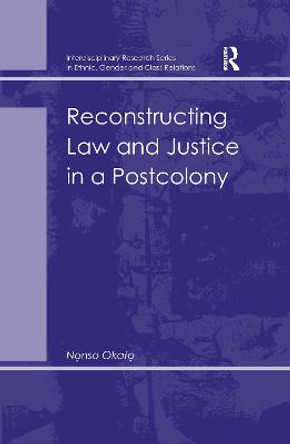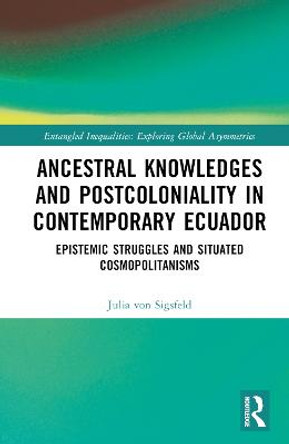Description
Each author writes from first-hand experience of teaching at the University of Cape Town, an institution that was and remains a key site of complicity with and resistance against settler colonialism, apartheid, and their ongoing oppressions. The contributors trace power relations that are embedded in various teaching and learning spaces at UCT, asking critical questions about the kinds of subjects and objects of knowledge that are produced by their disciplines. Further, they explore new ideas, texts, and intellectual and pedagogical practices that can help academics interrogate, challenge and transform the dominant power relations in the South African academy. Collectively, these chapters work to imagine new subjects of knowledge in the postcolonial university through an ethic of epistemic justice.
At a time when debates on decolonisation have gained urgency in academic, civic and public spaces, this interdisciplinary collection serves as a valuable archive documenting and reflecting on a turbulent period in South African higher education. It is an important resource for academics looking to grasp debates on decoloniality both in South Africa, and in university and teaching spaces further afield. Calling for concerted and collaborative work towards greater epistemic justice across diverse disciplines, the book puts forward a new vision of the postcolonial university as one that enables excellent teaching and learning, undertaken in a spirit of critical consciousness and reciprocity.
Book Information
ISBN 9781776147847
Author Amrita Pande
Format Paperback
Page Count 264
Imprint Wits University Press
Publisher Wits University Press

